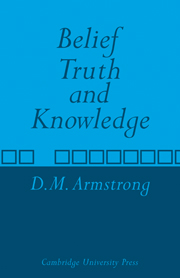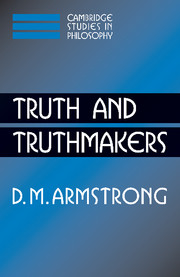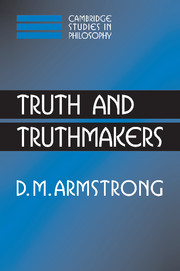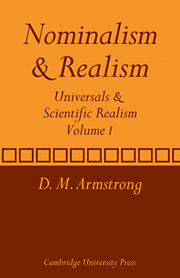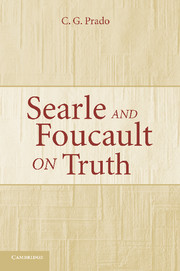Belief, Truth and Knowledge
A wide-ranging study of the central concepts in epistemology - belief, truth and knowledge. Professor Armstrong offers a dispositional account of general beliefs and of knowledge of general propositions. Belief about particular matters of fact are described as structures in the mind of the believer which represent or 'map' reality, while general beliefs are dispositions to extend the 'map' or introduce casual relations between portions of the map according to general rules. 'Knowledge' denotes the reliability of such beliefs as representations of reality. Within this framework Professor Armstrong offers a distinctive account of many of the main questions in general epistemology - the relations between beliefs and language, the notions of proposition, concept and idea, the analysis of truth, the varieties of knowledge, and the way in which beleifs and knowledge are supported by reasons. The book as a whole if offered as a contribution to a naturalistic account of man.
Product details
April 1973Paperback
9780521097376
240 pages
216 × 140 × 14 mm
0.31kg
Available
Table of Contents
- Part I. Belief:
- 1. The nature of belief
- 2. Beliefs as states
- 3. Belief and language
- 4. Propositions
- 5. Concepts and Ideas
- 6. General beliefs
- 7. Existential beliefs
- 8. Further considerations about belief
- Part II. Truth:
- 9. Truth
- Part III: Knowledge. 10. Knowledge entails true belief
- 11. The infinite regress of reasons
- 12. Non -inferential knowledge (1)
- 13. Non-inferential knowledge (2)
- 14. Inferential and general knowledge
- 15. Further considerations about knowledge
- Conclusion
- Works Referred to
- Index.

